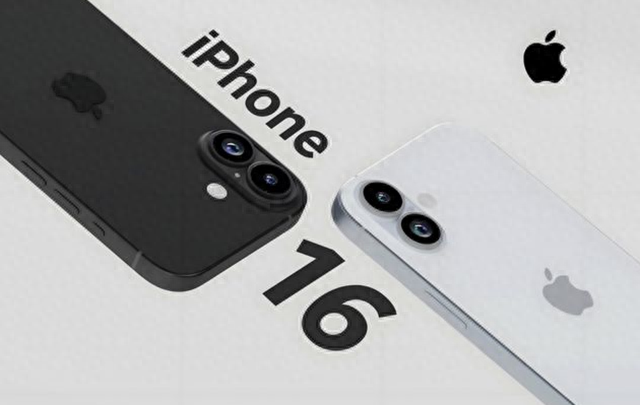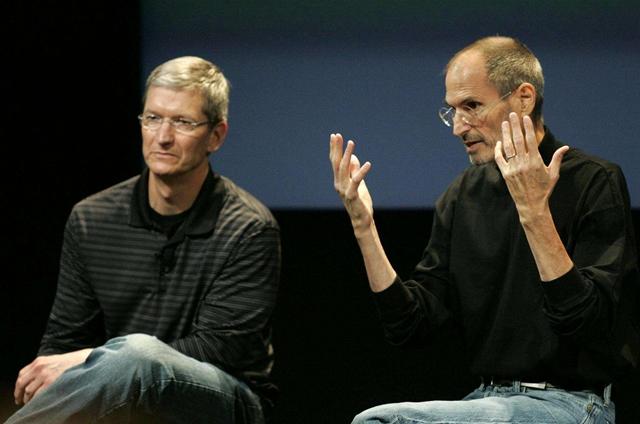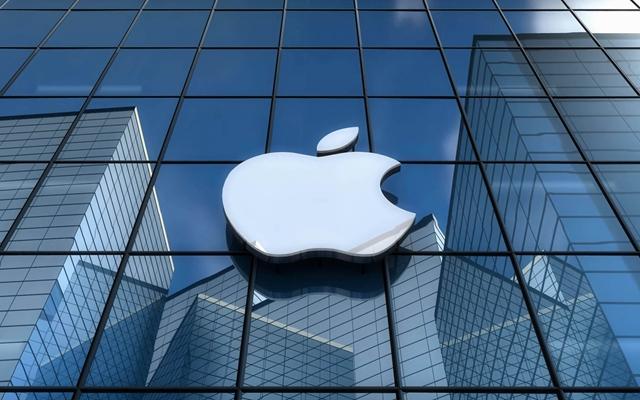Apple seems overly optimistic about the iPhone 16, hoping to sell nearly 100 million units despite limited upgrades
![]() 08/13 2024
08/13 2024
![]() 612
612
Apple's iPhone 16 will be released in a month. As the launch event approaches, many specifications have been leaked. From the current information available, it seems that the upgrades to the iPhone 16 are not significant, leading to low expectations within the industry. However, Apple remains optimistic, hoping to sell over 90 million units of the iPhone 16, with an even more optimistic estimate of 95 million units.

The iPhone 16 offers limited innovation, with two major upgrades reportedly in store. The first is the routine upgrade to the A-series processor, the A18, which adopts the more advanced N3E process. However, the exact performance improvement remains unknown. Last year, the A17 was also touted as a significant upgrade before its release, but ultimately delivered only a 10% performance boost. The second upgrade is a substantial increase in fast charging capabilities, with wired charging reaching 40W and wireless charging reaching 20W. While this represents a significant jump for Apple, it pales in comparison to Android phones that already offer up to 200W fast charging. The low fast charging power has always been a drawback for Apple. Nevertheless, despite the modest upgrades, Apple has high hopes for the iPhone 16, aiming to sell 95 million units this year, which seems overly optimistic. Last year, Apple hoped to sell over 80 million iPhone 15s but only managed to sell just over 70 million, indicating that consumers are not easily swayed.
This also suggests that Apple may be struggling with innovation. The company's investment in technological research and development is relatively low compared to other Android phone manufacturers, which could be attributed to the current CEO, Tim Cook's focus on profit. By continuously controlling costs, Apple ensures high profits, meeting the expectations of investment institutions for its performance.

Since taking over as CEO in 2011, Tim Cook has faced criticism for Apple's lack of innovation. However, he has ensured the growth of iPhone sales through various means.
Firstly, by increasing the number of iPhone models from one per year during Steve Jobs' era to two, three, or even four models per year under Cook's leadership, Apple has been able to cater to the needs of more niche markets and cover a wider price range, thereby attracting more customers.
Secondly, Apple has engaged in price wars. Whenever iPhone sales fall short of expectations, Apple resorts to price cuts. If a $1000 price reduction fails to stimulate demand, Apple will offer an even steeper discount. This dual-pronged approach helped drive iPhone sales growth until 2019, with peak sales reaching 237 million units. This, in turn, fueled Apple's overall performance growth.
In recent years, Apple has also ventured into new markets by expanding its product offerings, introducing wearables and other devices. Last year, it also launched a headset VR product. However, none of these products have been able to replace the iPhone's dominant position, which still accounts for nearly half of Apple's revenue. It seems that Cook remains in the shadow of Jobs.
With the iPhone 16 offering only modest upgrades over the iPhone 15, it is unlikely that sales will significantly improve. If sales fall short of expectations, Apple may once again resort to price cuts. Today, Apple dares to significantly reduce iPhone prices from time to time because its main source of profit is no longer hardware such as the iPhone but rather services like the App Store. This segment contributes less than 30% of revenue but accounts for over 50% of profits, giving Apple the confidence to offer price cuts.

Apple's occasional price cuts have had a significant impact on Android phones. After the iPhone 15's price was reduced to less than 4000 yuan last year, it became difficult for Android phones priced above 3000 yuan to sell. This demonstrates the effectiveness of Apple's pricing strategy. In the industry, there's even a saying that if the new iPhone isn't appealing enough, a price cut will make it so. As long as prices drop, there will always be consumers willing to buy, regardless of the level of innovation.







